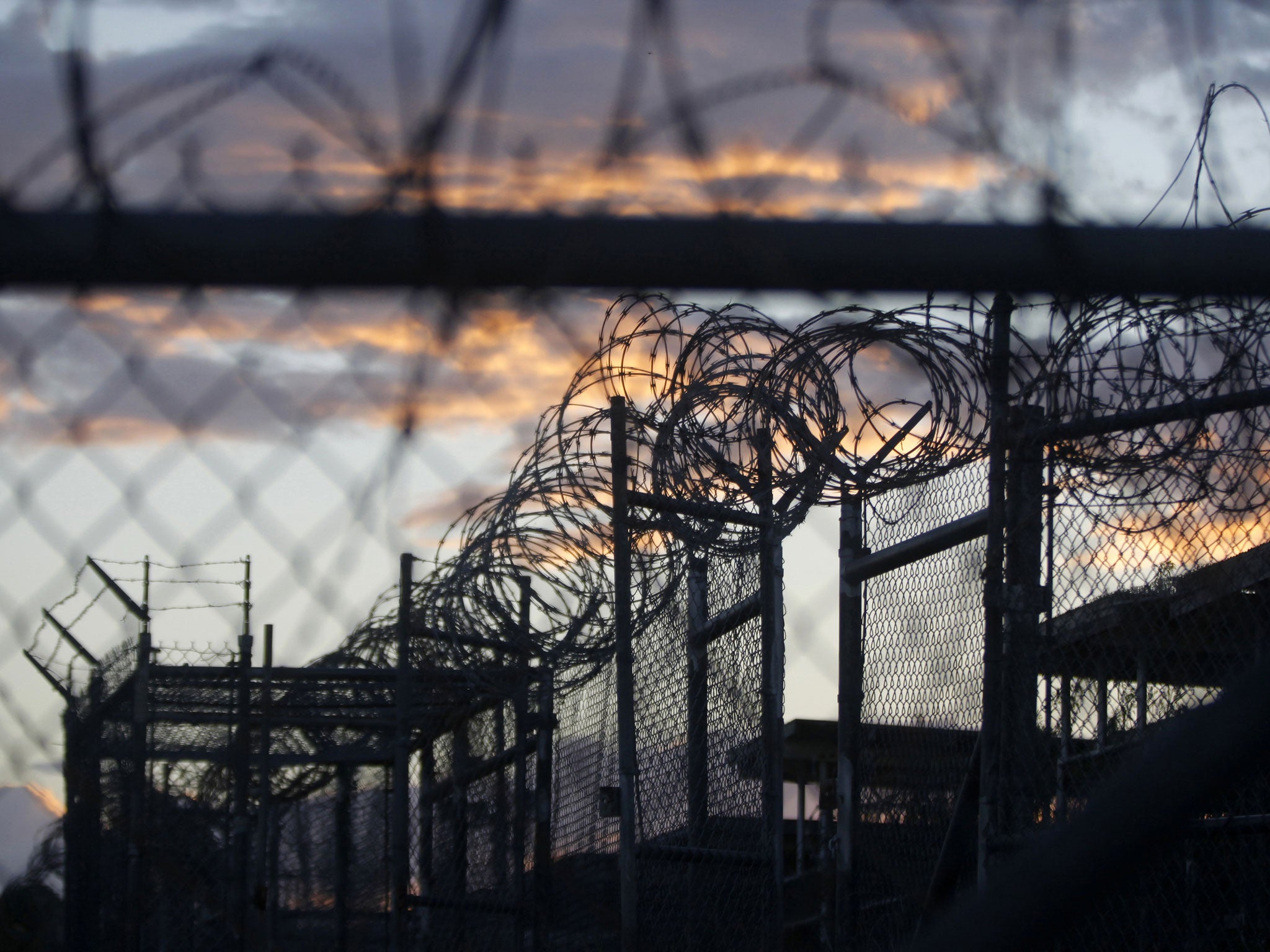Saudi 'royal allegedly involved in terrorism', claims Guantanamo prisoner
Saudi officials have repeatedly denied any role in the 9/11 attacks, and a US commission has found no evidence to indicate that the Saudi government as an institution or Saudi senior officials individually supported the attacks

An accused al-Qaeda bomb-maker who went to college in Arizona has claimed to military officials at the US base in Guantanamo Bay, Cuba, that he believed an unnamed member of the Saudi royal family was part of an effort to recruit him for violent extremist acts before the Sept. 11, 2001, attacks, according to a newly released transcript.
Ghassan Abdallah al-Sharbi said a religious figure in Saudi Arabia used the term "your highness" during a telephone conversation with a man, just before urging al-Sharbi to return to the U.S. and take part in a plot against the US that would involve learning to fly a plane.
The Sept. 11 commission found there was no evidence to indicate that the Saudi government as an institution or Saudi senior officials individually had supported the attacks, and the kingdom's government has consistently denied it had any role in the plot.
It was early 2001, and al-Sharbi had only recently returned from the United States, where he had taken some flight school courses in Phoenix with two men who would become hijackers in the 9/11 attacks.
Al-Sharbi described the conversation in June to the Periodic Review Board, which assesses whether Guantanamo prisoners can be released. The Pentagon on Thursday posted a transcript, with parts blacked out, on the website of the board, which includes representatives from six U.S. agencies and departments.
The statement is convoluted and lacks important details, such as whether the "religious figure" might be close to any Saudi officials. It does not indicate who the Saudi royal might be. The term can be used for thousands of members of the Saudi royal family; al-Sharbi did not say he met the man.
Al-Sharbi also appears to be struggling with illness. He tells the board he had just come from the detainee hospital, is "really exhausted, and nauseous and lethargic," and uses what is described as a "manual breathing device."
The Saudi Embassy in Washington declined to comment on the al-Sharbi transcript. In the past, the Saudis have pointed to the 9/11 Commission, FBI investigations and other probes that found no Saudi government or royal family involvement in the attacks.
Al-Sharbi says he listened as the "religious figure" spoke to the man -- whom al-Sharbi believes was a royal -- as they discussed al-Sharbi's qualifications for returning to the U.S. for jihad. "I remember, 'yes, your highness, yes your highness,' and he was talking to him about me," al-Sharbi said.
The prisoner's candor about his health may add to the plausibility of the statement, claimed Max Abrahms, an assistant political science professor at Northeastern University who studies terrorism. Mr Abrahms reviewed the transcript.
"He is very open that he is really struggling physically, that he's exhausted, that he has been under serious medication," Mr Abrahms said. "But on the other hand it lends additional credibility to his statement because it's not very deliberate and not memorised."
A Guantanamo spokesman, Navy Capt. John Filostrat, said the military does not disclose details about detainees' health. "Overall, the general health of detainees is good," he said.
Al-Sharbi attended Embry-Riddle Aeronautical University in Prescott, Arizona, from 1999-2000, according to the review board website.
In the transcript, the prisoner described living with various Americans, including a Phoenix police officer, in Arizona and California before returning to Saudi Arabia in the summer of 2000.
After telling the "religious figure" that he had some practice on a flight simulator and could learn to fly more easily than others, al-Sharbi says he agreed to return to the U.S and they began to discuss details. But al-Sharbi never went, for reasons that are unclear in the transcript.
The review board profile says al-Sharbi went to Afghanistan in the summer of 2001, trained with al-Qaeda and then went to Pakistan, where he learned how to make remote-controlled explosive devices and teach the skill to others. He was captured there in a house with Abu Zubaydah, whom the U.S. has called an al-Qaeda "facilitator." He, too, is confined at Guantanamo.
When captured, the FBI found a buried a cache of documents nearby, including an envelope from the Saudi Embassy in Washington that contained al-Sharbi's flight certificate, according to a document known as File 17, which was declassified earlier this year and names people the hijackers were in contact with in the United States before the attacks, including diplomats of the kingdom.
In July, the review board declined to approve his release from Guantanamo, where he is among 61 prisoners still held.
AP